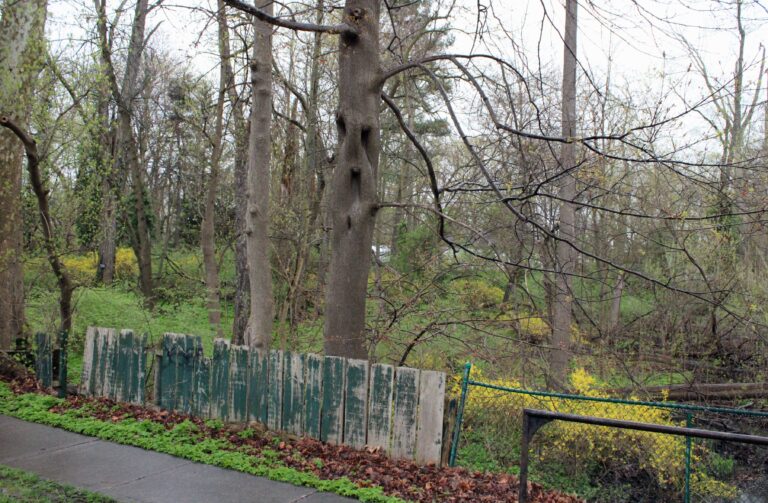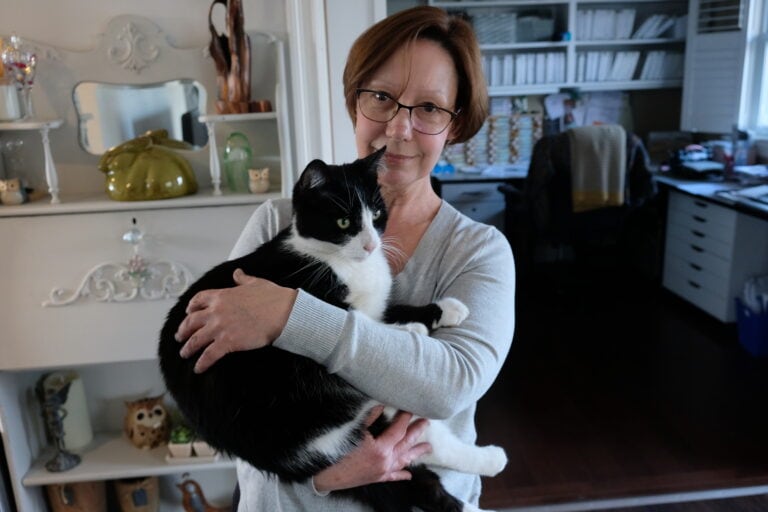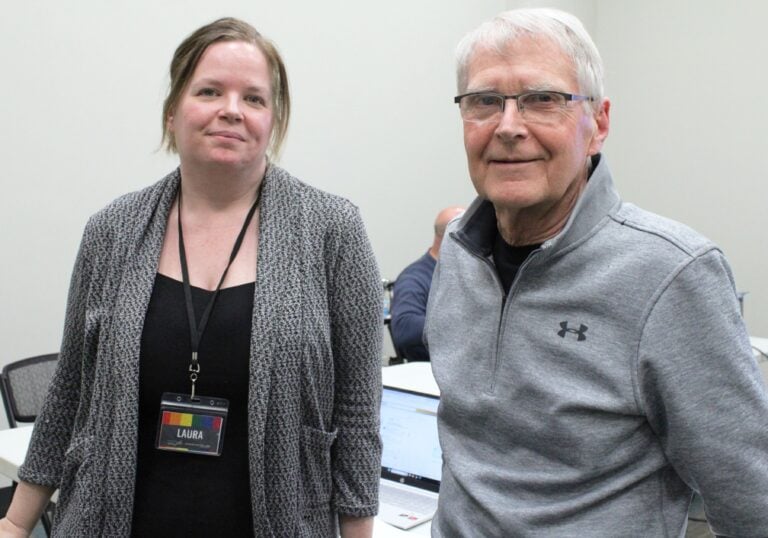Two hundred and seven years later, Indigenous warriors were acknowledged for the significant contributions and sacrifices they made in the War of 1812 at a Valour and Victory ceremony held last Saturday.
Hosted by Niagara Parks, the service was at the Landscape of Nations Memorial in Queenston, where parks agency officials, town and regional officials, members of the Canadian Armed Forces and community residents gathered to honour the Six Nations and Indigenous Allies who fought alongside British and Canadian soldiers during the War of 1812.
The ceremony, which started with a procession from Queenston Heights Restaurant to the memorial, included remarks from Lord Mayor Betty Disero, historical address by Jim Hill, Niagara Parks’ senior manager of heritage, a reflection speech by Rich Hill, a moment of silence, wreath-laying and a tobacco ceremony.
Jordan Smith, an Indigenous American interpreter at Old Fort Niagara, performed an Honour Song at the ceremony.
“It’s an important thing for us as native people because we don’t really often get that recognition,” Smith told The Lake Report.
“We might hear about something great we did years and years later, but to keep it in everybody’s mind that we were involved from the beginning and helped the country set those differences aside because we have so many similarities.”
This year launched an annual Memorial, Honouring and Reconciliation Service, which will now be held in Queenston around this time, said Michele-Élise Burnett, one of the event organizers and an assistant director at Landscape of Nations.
As a Métis and Algonquin herself, Burnett said her heart was swelling with pride and happiness.
“I felt that I was finally capable to honour my ancestors and all of my veterans,” she said, adding that her father, uncle and grandfather were veterans. “For me, this is beautiful because this has never happened before. It’s historic.”
“It gives you that great feeling of paying tribute and honouring and giving them our pride back and honour back for all the contributions that they have made to make this country a better place,” Burnett said.
“And our story is finally getting told.”
St. Catharines resident Stephen Secord, who attended the ceremony with his son and grandson, said his family members were Loyalists and fought alongside Indigenous people and with Butler’s Rangers.
Once the war was over, different sides of his family came from various states across America and settled in Canada.
“I just thought I’d honour the native people,” Secord told The Lake Report.
”They even gave refuge to my great-great-great-great-aunt, probably going farther than that."
Buffalo resident Brian Winnie, who is originally from Six Nations, said his relative Jacob Winnie fought in the War of 1812.
“You stand here and you think about what they went through. The hardships are just unimaginable,” he said.
“Fighting here, fighting there, charging each other. In 2019, for the first time since the War of 1812, we’re doing something and showing everybody we’re trying to live in peace.”
The service also marked National Aboriginal Veterans Day, which is celebrated on Nov. 8, and also Louis Riel Day, who was a Métis fighter for Indigenous rights who was executed on Nov. 16, 1885.
“In a way, it’s kind of unique and interesting that we’re celebrating the veterans because you don’t think of Louis Riel as a veteran, but he fought for the rights of Métis people,” said Brian Kon, chair of the Niagara Region Métis Council.
He said it was an honour to see Indigenous people recognized in a separate ceremony.
The Valour and Victory service was a blend of Indigenous and traditional Remembrance Day ceremonies, Kon told The Lake Report.
One of the reasons the ceremony was held separately from the regular Nov. 11 service is because Indigenous people celebrate differently – by playing drums, singing and having a tobacco ceremony, which “doesn’t fit” the traditional “solemn” Remembrance Day ceremonies, he said.
“A lot of people didn’t recognize the role First Nations, Métis and Inuit people played. That goes back to 1812, that goes to World War One, World War Two, and others since,” he said.
“It’s recognizing the deep impact that they had in preserving peace not only on this land but around the world.”



.jpg)







